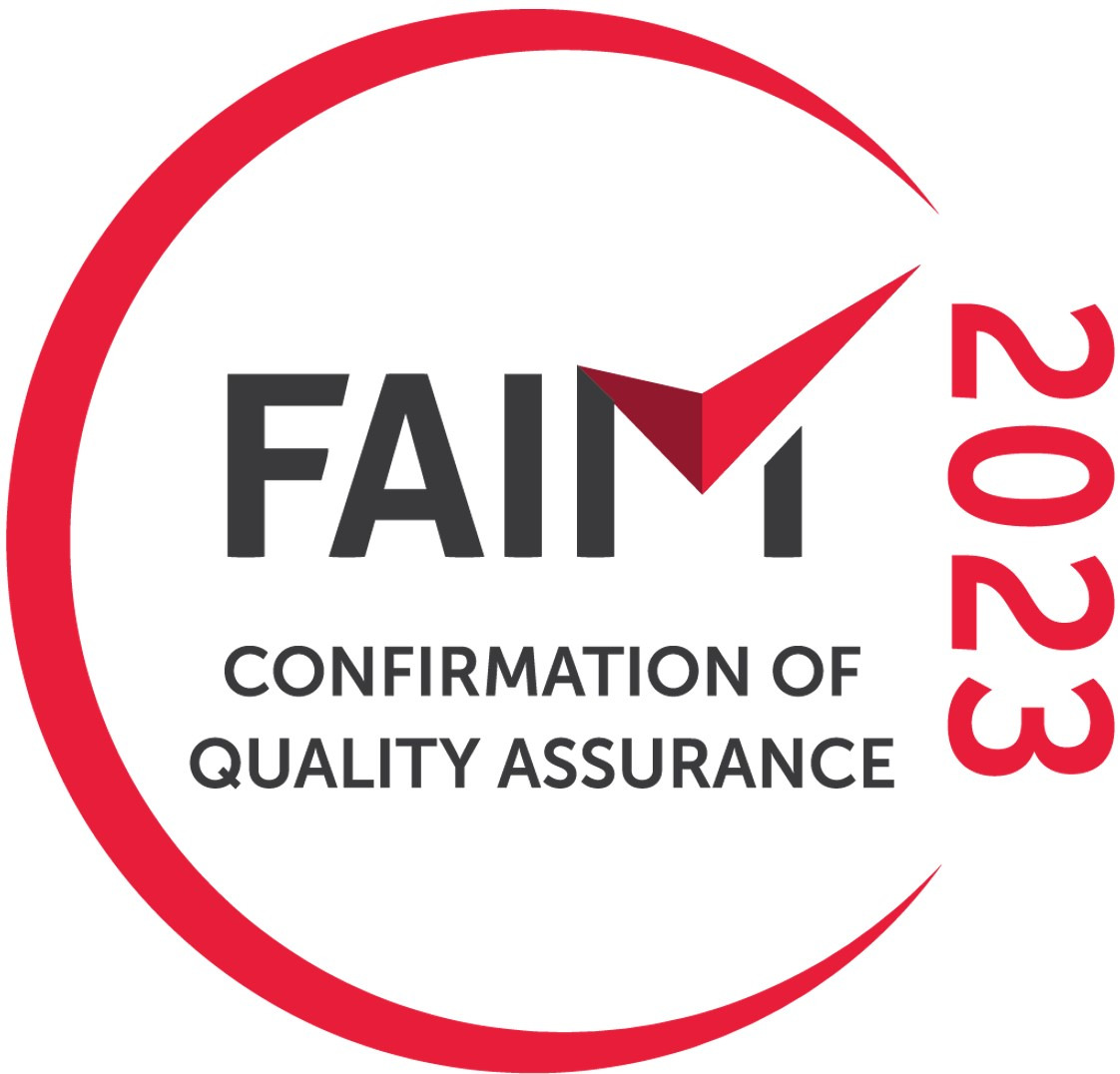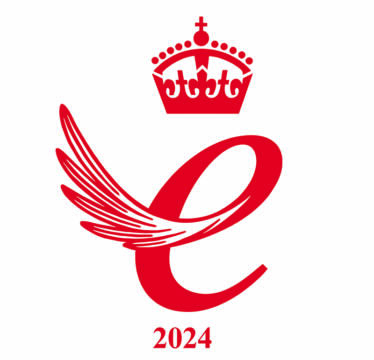John Mason International has received a response from Secretary of State for Transport, Rt Hon Grant Shapps MP, following its calls for progress in ending the current shipping crisis.
The leading international removals specialist has been at the forefront of a campaign to examine competition within the shipping industry, amidst spiralling freight costs, and long delays in securing container space.
Replying to John Mason International director, Simon Hood, Mr Shapps said: “The situation faced by UK businesses and others across the globe is a result of high consumer demand, and the ongoing disruption caused by Covid-19 pressures to the worldwide container supply system.
“Whilst shipping lines and ports continue to work to improve services a number of other incidents and issues have combined to make recovery more difficult. This includes closure of Chinese (and other key ports) ports due to Covid-19 impacting their operations.
“Other incidents include the blockage of the Suez Canal in March and increasing congestion at Continental ports. As a result, demand remains at very high level versus available capacity and thus fright prices have risen and remain significantly high, whilst reliability of ocean fright supply chains has dropped significantly.
“Ships arriving off schedule is the primary factors in hold-ups with a default delay due to disruption in the far east, with European port congestion exacerbating disruptions to ports to call. Unreliability of shipping schedules, and/or multiple vessels seeking to berth within a short timescale will continue to a pose challenges to efficient port operations.
“Shipping lines operate in scheduled loops and stop at multiple ports of call. Many actions such as missing a port call, or cancelling a sailing, are in fact methods of recovering schedules in order to improve future levels of service for customers. Similarly, the circumstances at each port of call will cumulatively impact on delays at a later port -which is why European port performance impacts on UK services and vice versa.
“Commercial reporting indicates that most container ship capacity worldwide is currently deployed and that both second hand and charter rates have climbed significantly as operators seek to offer maximum fleet capacity.
“Nevertheless, demand continues to outstrip supply. Longer term, shipping lines are making significant investments in new container vessels, but these will take a number of years to come to market.
“Direct comparison with last year or recent year prices are not fully representative as thee have been either times of suppressed demand or excess supply – a lower price point in the peaks and troughs of the shipping marker. Although this situation with temporary higher prices is expected to continue into 2022 it is unlikely to be a sustainable position for the long term, both in terms of the demand drivers changing and historical trends and therefore is it likely to diminish over time.
“DfT has worked, and continues to work with the whole freight sector, including the key ports and global shipping lines to monitor the situation, encourage cooperation and solutions, and seek to ensure container can flow freely. However many of the issues are global operational and commercial factors for resolution and where individual Government locus and expertise is limited. Nevertheless, DfT continues to engage operators and international partners to gauge any international action or solutions.
“We continue to engage with other parts of the Government, on trade and market issues.”
Whilst encouraged by Mr Shapps’ commitment to help resolve the current situation, Simon Hood is concerned by the lack of progress so far.
“With the current supply and demand, the shipping lines have gained an unfair advantage during these recent challenging times,” he said. “The cost of transporting a standard 40ft container from East Asia to Europe is now $13,000 – compared to just $2,000 18 months ago. This is unacceptable, to us and to our customers.
“Despite the pandemic, we are continuing to help our clients make their life-changing moves to Australia. New Zealand, USA and Canada, and our team is brimming with expertise that is honed to minimise the disruption and extra costs caused by these current obstacles.
“All we ask is that our government supports the efforts of companies like John Mason International to overcome these significant challenges. It appears slow progress is being made to achieve a resolution, and our hope is that it comes sooner rather than later.
“in the meantime, we will do everything possible to ensure our customers are able to complete their exciting moves abroad with the minimum of fuss.”
















